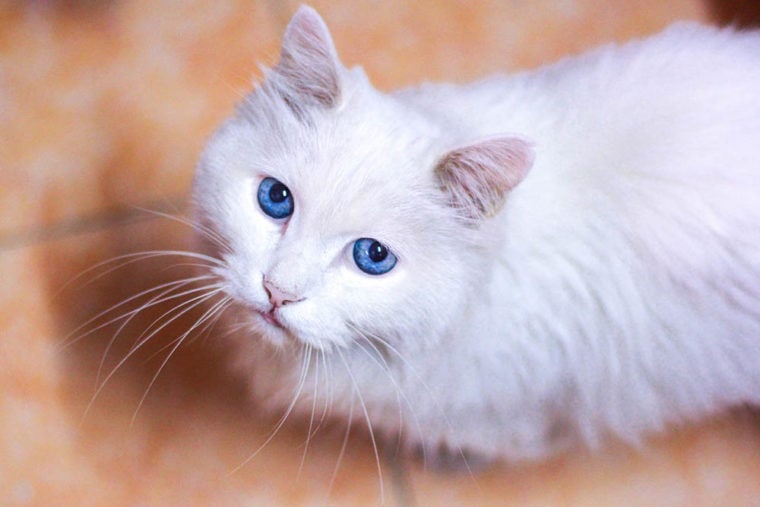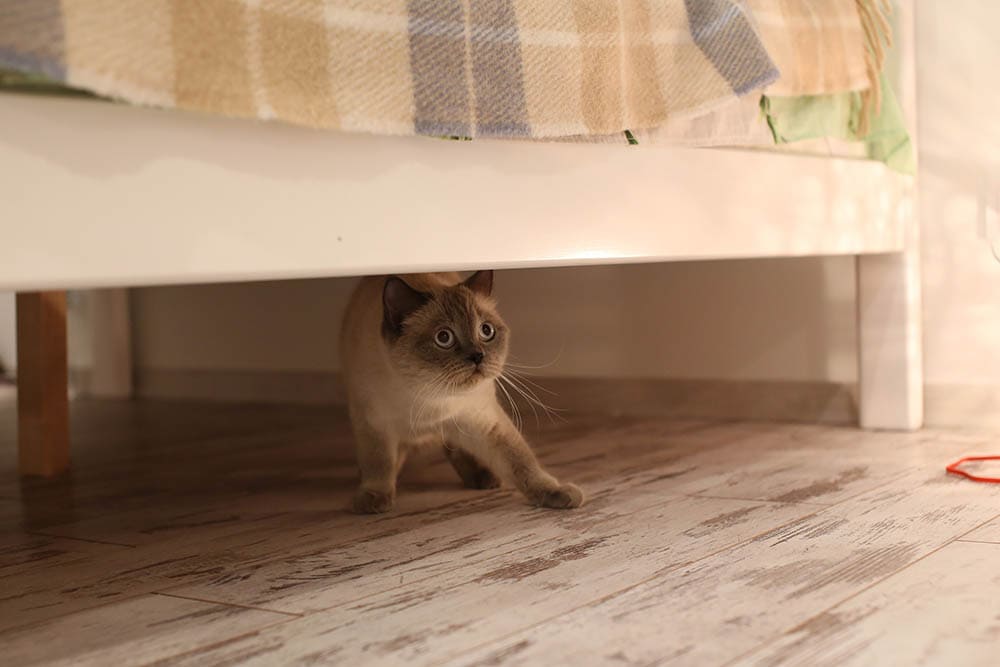
You might have once teased someone for being a “scaredy-cat” or laughed when something startles your cat, making them jump. But a stressed, fearful cat isn’t very funny. Anxiety and stress can be harmful, especially if untreated. Just like with a human, chronic stress can lead to physiological effects on your cat’s health. So, yes, too much stress that is not treated can eventually kill a cat. If you think you might have a stressed cat in your life, keep reading to find out the implications it could have on their health and what you can do to help.
Stress in Cats
Cats are subtle, and determining if they’re stressed can sometimes be tricky. You might find their behavior changes slightly, or they do things perceived to be “naughty.” This is because it’s in their nature to hide their stress—in the wild, it helps them to avoid being easy targets for predators.
Not only does stress affect our cat’s behavior, but it also impacts them physically.
In short bursts, all of these are fine, but if the stress is constant, it canl take a toll on your cat.
Signs Your Cat Is Stressed

While they are not always obvious, there are signs to look out for that will indicate your cat is feeling stressed. The signs include:1
If left untreated, your cat’s stress will likely worsen over time, and if it persists, it could compromise its immune system, making it more vulnerable to illnesses. This, in turn, can only compound their stress. Your cat could also develop depression on top of their stress and anxiety, which can lead to behavioral problems.
What Causes a Cat Stress and How Can You Help?
Cats aren’t known to deal with anxiety well; even subtle changes to their environment can lead to stress. So, big changes like moving to a new house or introducing a new baby to the home can have devastating effects on your cat. External causes that affect your cat include:
Whatever the cause of their stress, we suggest first making an appointment with your vet. You can then rule out any medical reason for your cat’s change in behavior, and you can also get guidance and support on how to move forward.
You can help with your cat’s stress by eliminating the stressor. Obviously, not everything will be in your control. But you could close the blinds if something outside is stressing your cat out or stop hosting parties if they aren’t coping with them. If you can’t eliminate the stressor, you can comfort your cat through the change. If your new work schedule keeps you out of the house for longer, make sure to spend some quality time with your cat after work. Set aside alone time if you have introduced a new pet or a baby.
Some people turn to pheromone collars, sprays, or plug-ins to reduce stress. These products mimic the pheromones your cat naturally produces to mark their territory, so they feel safe and secure. In severe cases, your vet might prescribe anti-anxiety medication to help your cat feel calmer.

Conclusion
It isn’t always obvious when your cat is feeling stressed, so be on the lookout for changes in behavior. Even subtle changes could indicate that your cat is feeling anxious and stressed. This feeling is unlikely to go away by itself and will only worsen over time, leading to destructive behavior and illness. In the most severe cases, it could eventually lead to an early death, so it’s of utmost importance that you seek help and find ways to comfort your cat and help them work through these feelings.
Featured Image Credit: Hunt Han, Unsplash








